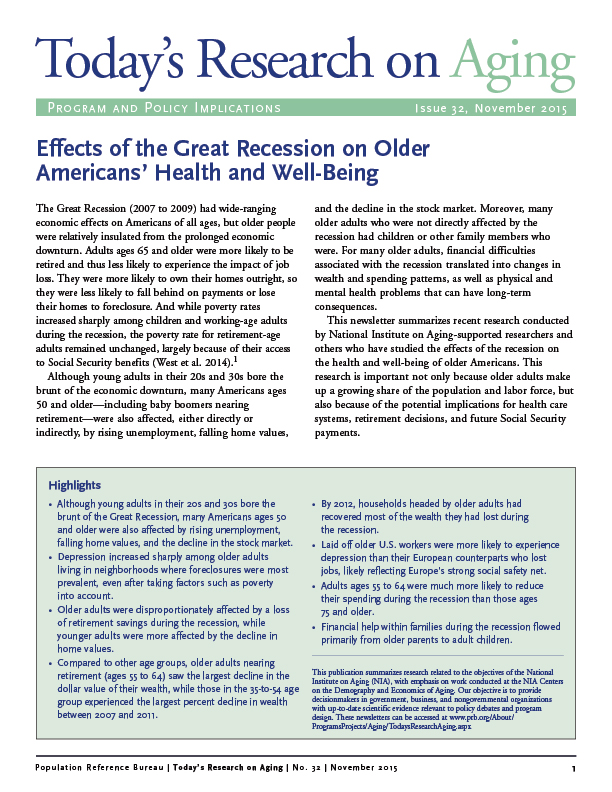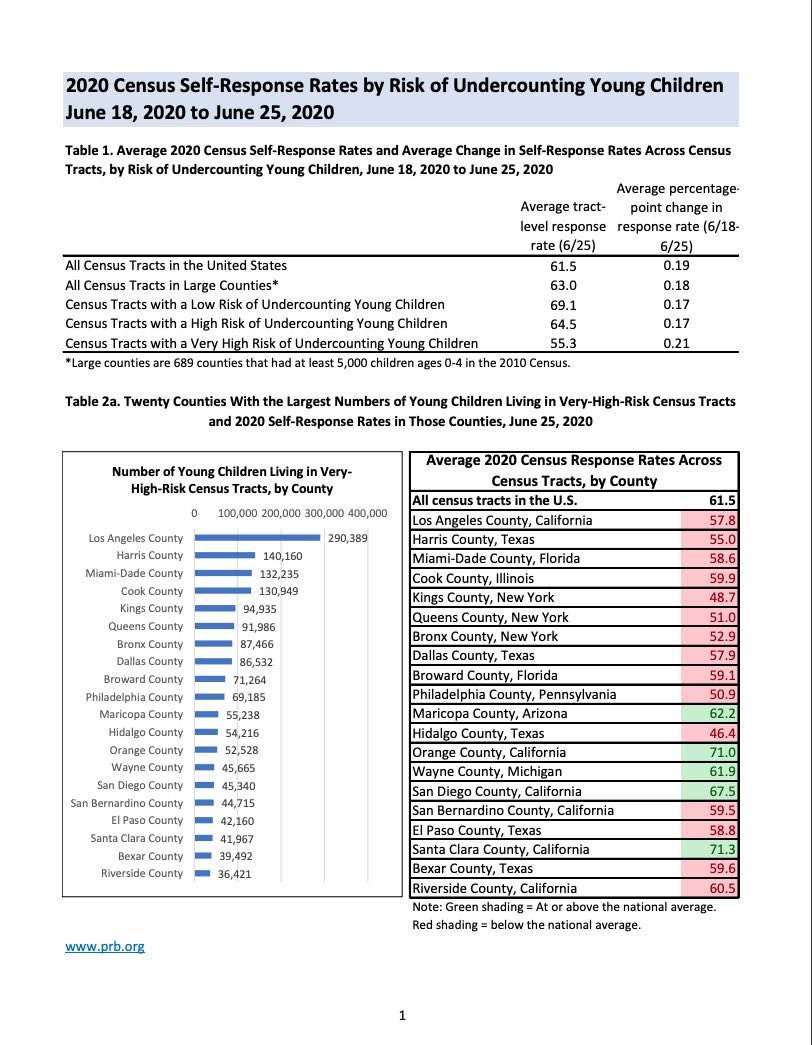604 Search Results Found For : "여주연안부두마사지[katalk:ZA32]강철 의 연금술사 rain 노래방:www.za32.net"

What Investment Offers a 60-Fold Return? Food Stamps
For the youngest Americans, $1 of SNAP payments generates $62+ in economic and health benefits.

Growth and Migration in the American Southwest: A Tale of Two States
5 takeaways from population data in Arizona and New Mexico
What’s Driving the Decline in U.S. Population Growth?
(2012) Between 2010 and 2011, the U.S. population increased by 0.7 percent, after averaging 0.9 percent growth each year from 2000 through 2010.1 The United States added just 2.3 million people from 2010 to 2011, compared with 2.9 million from 2005 to 2006, just five years earlier.
Sub-Saharan Africa’s Demographic and Health Characteristics Will Influence the Course of the COVID-19 Pandemic
When the World Health Organization declared COVID-19 a pandemic on March 11, 2020, few sub-Saharan African countries had reported a single case of the disease, caused by the novel coronavirus SARS-CoV-2.
PRB Discuss Online: Population and Climate Change, What Is the Link?
(2009) Climate change may adversely affect the population in many parts of the globe, in particular in developing countries where there is still substantial population growth.

2020 Census Self-Response Rates Are Lagging in Neighborhoods at Risk of Undercounting Young Children
Self-response rates are lowest in neighborhoods with high concentrations of racial and ethnic minorities in the young child population, which could mean fewer dollars for communities that need funds the most.

Project: Demography and Economics of Aging and Alzheimer’s Disease
Effects of the Great Recession on Older Americans’ Health and Well-Being
This report summarizes recent research conducted by National Institute on Aging-supported researchers and others who have studied the effects of the recession on the health and well-being of older Americans.

Tables. 2020 Census Self-Response Rates By Risk of Undercounting Young Children, June 18-25, 2020
Self-response rates are lowest in neighborhoods with high concentrations of racial and ethnic minorities in the young child population, which could mean fewer dollars for communities that need funds the most.
